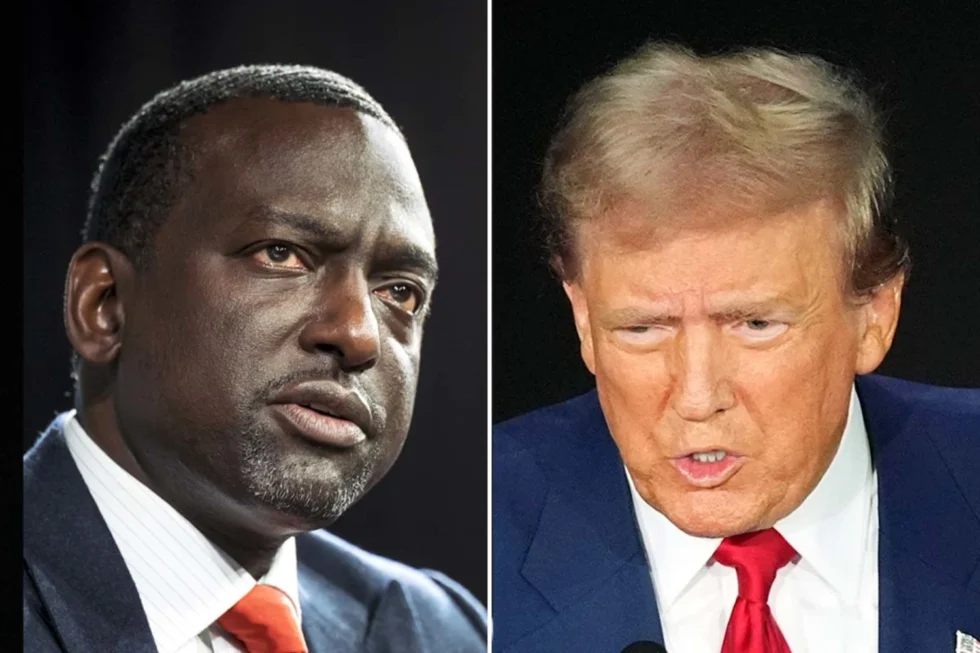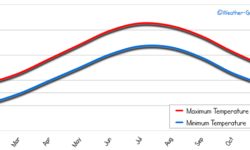
The Central Park Five, a group of five Black and Latino men wrongfully convicted in the infamous 1989 Central Park jogger case, have once again found themselves in the public eye—this time for filing a defamation lawsuit against former President Donald Trump. The lawsuit stems from controversial comments made by Trump during a heated exchange in a televised debate involving Vice President Kamala Harris. As these men continue to reclaim their narrative and fight for justice, their latest legal battle brings to light important issues of race, media portrayal, and the ongoing quest for accountability.
In this blog, we’ll explore the history of the Central Park Five case, the events leading up to the defamation suit, and the broader implications of this legal action. This is a must-read for anyone following breaking news in New York or interested in the intersection of US news and race relations.
The History of the Central Park Five
In 1989, the brutal assault and rape of a white female jogger in Central Park shocked New York City news and made national headlines. Five Black and Latino teenagers—Antron McCray, Kevin Richardson, Yusef Salaam, Raymond Santana, and Korey Wise—were wrongfully convicted based on coerced confessions, despite no DNA evidence linking them to the crime. The case became a media spectacle, feeding into stereotypes about urban crime and racial violence.
At the time, Donald Trump, a prominent real estate mogul, took out full-page ads in the New York Daily News and other major outlets, calling for the reinstatement of the death penalty. His inflammatory rhetoric contributed to the public hysteria surrounding the case, despite the eventual exoneration of the five men in 2002 after DNA evidence proved their innocence.
The Harris Debate Controversy
Fast forward to 2024, when Trump, now a former president, found himself in a heated exchange during a debate with Vice President Kamala Harris. The discussion quickly turned to issues of race, law enforcement, and past controversies. In response to Harris highlighting Trump’s role in stoking racial tensions during the Central Park Five case, Trump doubled down on his past statements, reiterating that he believed the men were guilty despite their exoneration.
His remarks were seen by many as both inflammatory and disconnected from the reality of the case, igniting a firestorm of reactions across the media landscape. New York Times breaking news outlets, along with New York daily news sources, reported extensively on the aftermath of the debate, as civil rights activists, politicians, and the public condemned Trump’s refusal to acknowledge the wrongful conviction of the Central Park Five.
The Defamation Suit: Why Now?
In response to Trump’s comments, the Central Park Five, now known as the Exonerated Five, filed a defamation lawsuit. The suit argues that Trump’s repeated statements, both during the debate and over the years, have caused significant harm to their reputations and emotional well-being. Despite being exonerated and receiving a settlement from New York City in 2014, the men have endured ongoing stigma due to the high-profile nature of their case and Trump’s continued public assertions of their guilt.
Legal Grounds for Defamation
In order to win a defamation case, the plaintiffs must prove that Trump’s statements were false, that they were made with malice or reckless disregard for the truth, and that they caused measurable harm. Given that the Central Park Five were exonerated by DNA evidence and a confession from the actual perpetrator, it is likely that their legal team will argue that Trump’s comments constitute a reckless disregard for the facts.
Moreover, the lawsuit isn’t just about setting the record straight—it’s about holding Trump accountable for the ongoing harm caused by his words. For the Exonerated Five, the suit represents yet another step in their long journey toward justice and public vindication.
Media and Public Reactions
As expected, the lawsuit has sparked widespread coverage in the latest news from New York City and across the nation. While many are voicing their support for the Central Park Five, Trump’s supporters argue that the former president is exercising his right to free speech. This divide reflects the broader polarization in the United States, where public figures often walk a fine line between free expression and the harmful effects of misinformation.
Major outlets like the New York Times and New York Daily News have published op-eds and news reports detailing the complex history between Trump and the Central Park Five, while legal analysts debate the merits of the defamation case. Some have questioned the likelihood of the lawsuit succeeding, given the high bar for proving defamation involving public figures. However, others believe the Exonerated Five have a strong case, particularly given the factual inaccuracies of Trump’s statements.
Broader Implications: Race, Power, and Media Narratives
The defamation lawsuit against Trump underscores the broader issue of how race and criminal justice are portrayed in the media and by influential figures. The case of the Central Park Five has long been a symbol of the deep-seated racial inequalities within the American legal system. It serves as a reminder that even after exoneration, Black and Latino men continue to face the stigma of wrongful accusations.
Trump’s role in amplifying that stigma highlights the power of public figures to shape narratives, often with little regard for the facts. His unwavering stance on the Central Park Five case—despite the overwhelming evidence of their innocence—reflects a broader unwillingness to reckon with racial injustices in the United States.
For the Exonerated Five, this defamation suit represents a chance to reclaim their narrative and demand accountability from one of the most powerful figures in American politics. It also sends a message that even individuals in positions of immense influence, like a former president, must be held responsible for the harm their words can cause.
Legal and Social Impacts Moving Forward
While it remains to be seen how the defamation suit will play out in court, its mere filing carries significant social and legal implications. First, it shines a light on the lasting emotional and psychological toll that wrongful convictions can have, even decades after exoneration. For the Central Park Five, this case isn’t just about public perception—it’s about seeking justice for the ongoing pain and suffering caused by the wrongful conviction and Trump’s repeated public statements.
Legally, the case could set a precedent for how defamation suits involving public figures are handled, especially in situations where past legal cases are involved. Trump’s defense may argue that his statements were opinions rather than factual claims, a distinction that could become a key point of contention in court.
Socially, the lawsuit has the potential to reopen national conversations about race, media bias, and the power of public figures to influence public opinion. As the case moves forward, expect widespread coverage not only from New York news outlets but also from national and international media.
Conclusion: A Quest for Accountability
The defamation lawsuit filed by the Central Park Five against Donald Trump is not just a legal battle—it’s a fight for accountability and justice. For these men, who have spent decades trying to rebuild their lives after being wrongfully convicted, the lawsuit offers a chance to set the record straight and push back against harmful narratives.
As US news outlets continue to cover the case, it will be important to watch how this legal fight unfolds and what it could mean for future defamation suits involving public figures. For now, the Central Park Five are standing up against one of the most powerful men in American politics, demanding that their truth be heard—and respected.
Meta Title: Central Park Five Sue Trump for Defamation Over Debate Remarks
Meta Description: The Central Park Five file a defamation suit against Trump over controversial statements made during a debate with Harris. Explore the history, lawsuit details, and public reactions.





